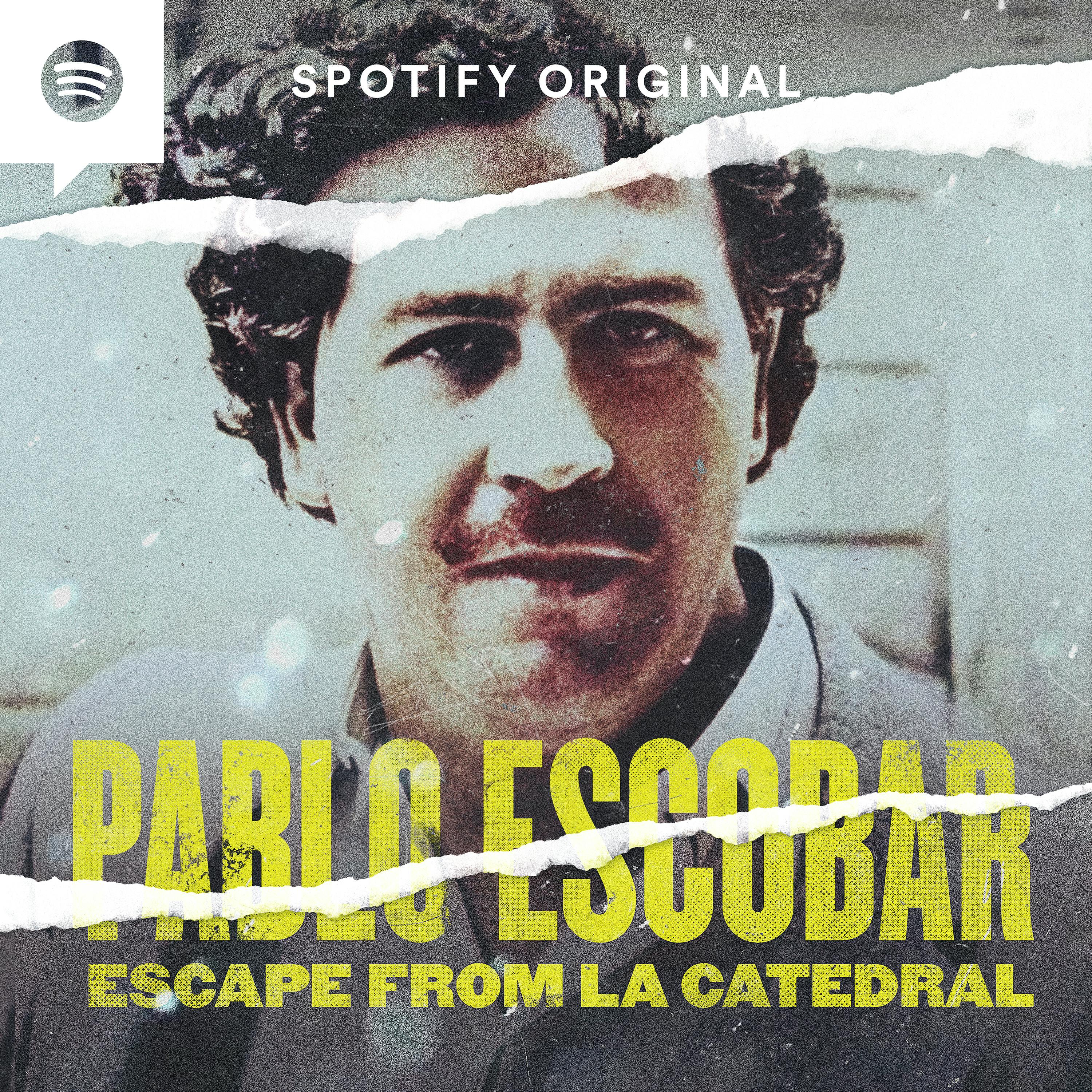Episodes
Pablo Escobar is dead. And while the official story is that the capo died after being cornered and shot by police, Escobar’s relatives don’t believe that is the case. Meanwhile, the death of Escobar has turned Medellín into a tourist destination for those interested in the city’s drug trafficking history.
Learn more about your ad choices. Visit podcastchoices.com/adchoices
Published 09/28/22
Published 09/28/22
The “Bloque de búsqueda” created to catch Escobar discovers where he is hiding and on December 2, 1993, the capo makes a phone call to his son that lasts just a little longer than it should have. As police close in, a shoot-out ensues, and the world's most famous drug lord is finally taken down.
Learn more about your ad choices. Visit podcastchoices.com/adchoices
Published 09/28/22
Pablo Escobar's family tells how the pursuit of the capo caught up with them. They were cornered and could not leave the country to take refuge from the violence. This angered Escobar who would use his family to play the victim during new negotiations with the government.
Learn more about your ad choices. Visit podcastchoices.com/adchoices
Published 09/28/22
Pablo Escobar is on the run and the Colombian government along with the military, the DEA and the CIA are in pursuit. Meanwhile, rumors of how the kingpin escaped were running wild. The rumors weren’t Escobar’s biggest problem though. As the government became more desperate to catch the escaped drug lord, they enlisted a dangerous group of allies to bring him down.
Learn more about your ad choices. Visit podcastchoices.com/adchoices
Published 09/28/22
The murder of two of Escobar's associates inside La Catedral prison forced the government of President César Gaviria to act. But an attempt to transfer the Medellín capo to a traditional prison resulted in the kidnapping of multiple high-level government officials. When the Colombian army managed to penetrate the prison to rescue them, they were surprised to find out that Escobar was gone. The government and U.S. intelligence agencies begin an intense operation to capture him in which the...
Published 09/28/22
The DEA disagreed with Colombia's so called "policy of subjugation" that allowed the surrender of the Medellín Cartel leaders. In addition, they felt that “La Catedral”, Escobar's personal prison, felt more like a country club than a punishment. He even continued to run his criminal empire with no issue from inside the prison walls. That is, until he made a serious mistake.
Learn more about your ad choices. Visit podcastchoices.com/adchoices
Published 09/28/22
At the end of the 1980s, Colombia had become one of the epicenters of drug trafficking in the world. But a change of government in 1990 opened the possibility for peace and the Colombian government began telephone negotiations with Pablo Escobar for his surrender and an end to the violence that was crippling the nation. In the end, Escobar's surrender sounded like a bad joke, what happens when a narco, a priest and a journalist all board a helicopter?
Learn more about your ad choices. Visit...
Published 09/28/22
Published 09/28/22
Published 09/26/22


